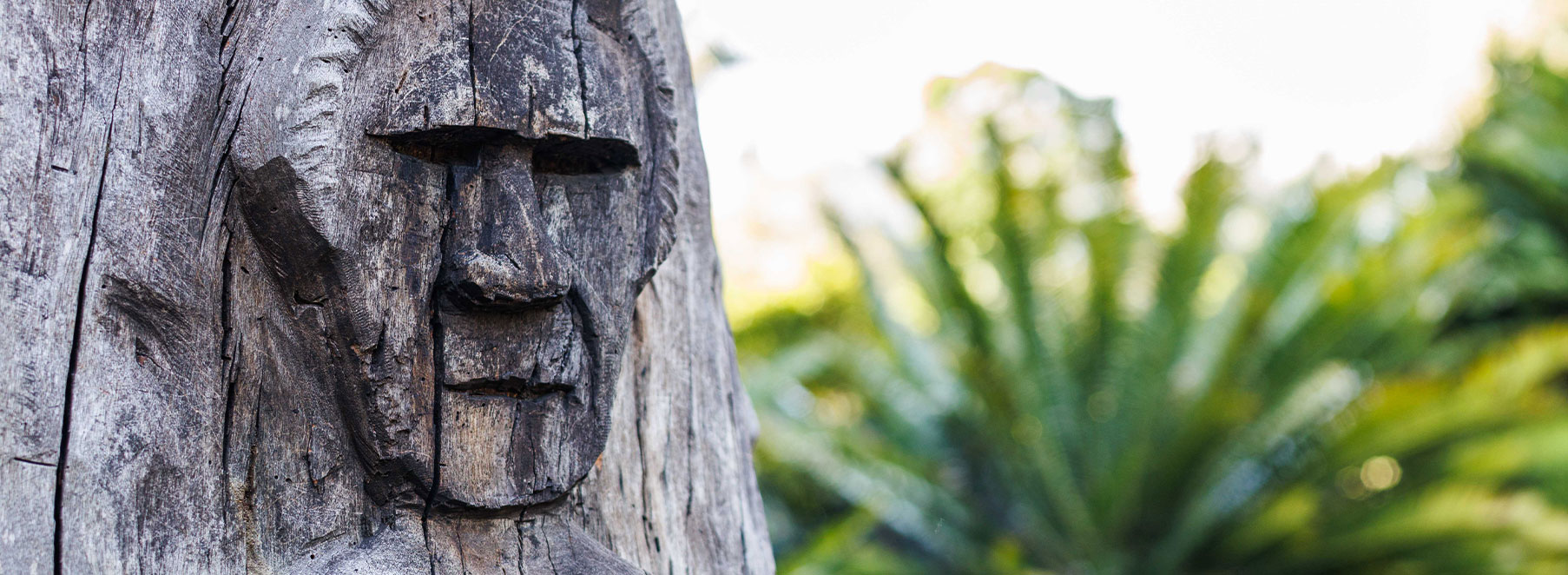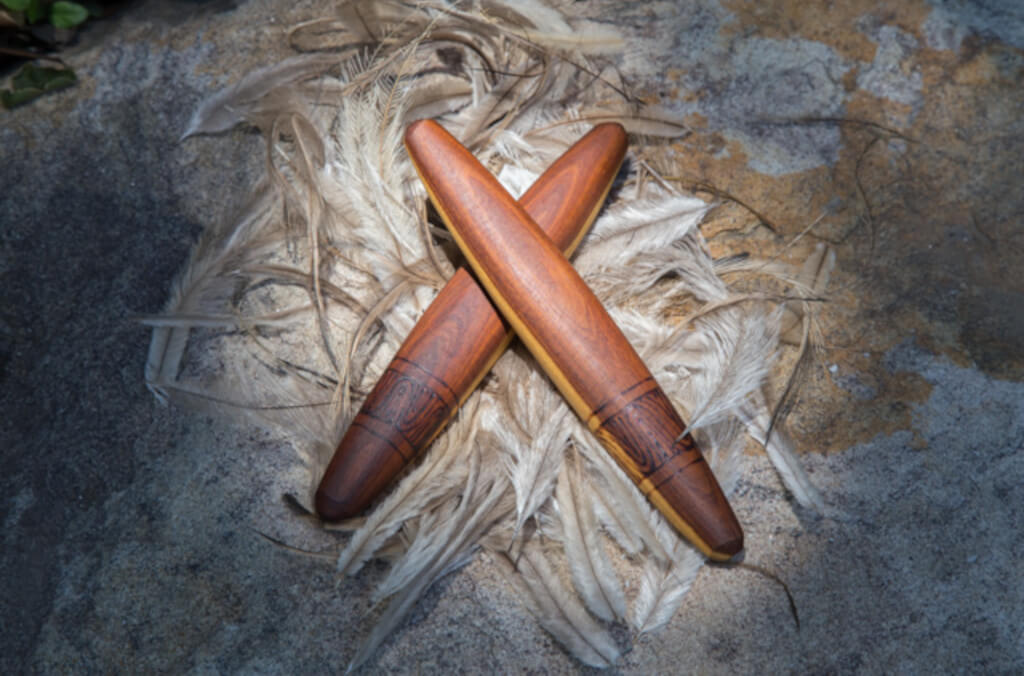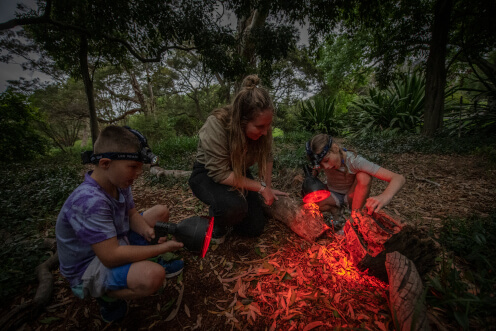Contact - First Encounters
Immerse yourself in the meeting place of two cultures, exploring history through hands-on experiences to gain insight into First Nations people's experience of colonisation.

Stage 2
History
2 hours
Minimum charges apply. Discounts apply for full day programs!
Immerse yourself at the intersection of two cultures, exploring history through hands-on experiences to understand First Nations people's experiences of colonisation and the effect on cultural practices and Country.
Students will
- Understand the importance of Country and Place to First Nations, their relationship with the land and uses of plants for food, medicine, and shelter.
- Stand on the site of the first farm in Australia and discover the plants brought by the First Fleet.
- Discuss ‘contact’ from the view of an Aboriginal child and a first settler child to gain a relatable perspective.
Key content
- Investigate the sustainable land management practices of the local First Nations community.
- Understand the effects of colonisation in Australia.
- Collect and represent data to describe the features of a place.
- Engage in Storytelling and interactive play to explore historical and environmental management concepts from a range of perspectives.
Links to New South Wales curriculum
Focus Syllabus Outcomes
History
- Describes people, events and actions related to world exploration and its effects. (HT2-3)
- Describes and explains effects of British colonisation in Australia (HT2-4)
Science and Technology
- Describes how agricultural processes are used to grow plants and raise animals for food, clothing and shelter. (ST2-5LW-T)
- Selects and uses materials, tools and equipment to develop solutions for a need or opportunity. (ST2-2DP-T)

"Gain valuable insights into how First Nations' ways of knowing, being, and doing have changed since colonisation."
Related excursions

Experience the Garden and its fascinating nightlife on this adventure by torchlight.

Based on Katrina Germein’s book Big Rain Coming, students will explore how First Nations people read and understand daily and seasonal weather changes and how this affects the places and environments around us.

Sydney Science Trail excursions are back this August. Explore the program and book your primary school class excursion for National Science Week.